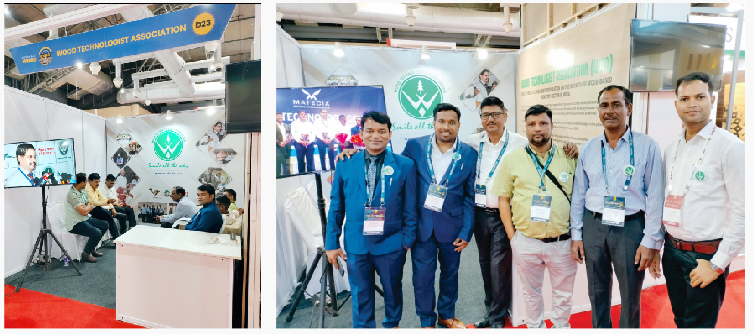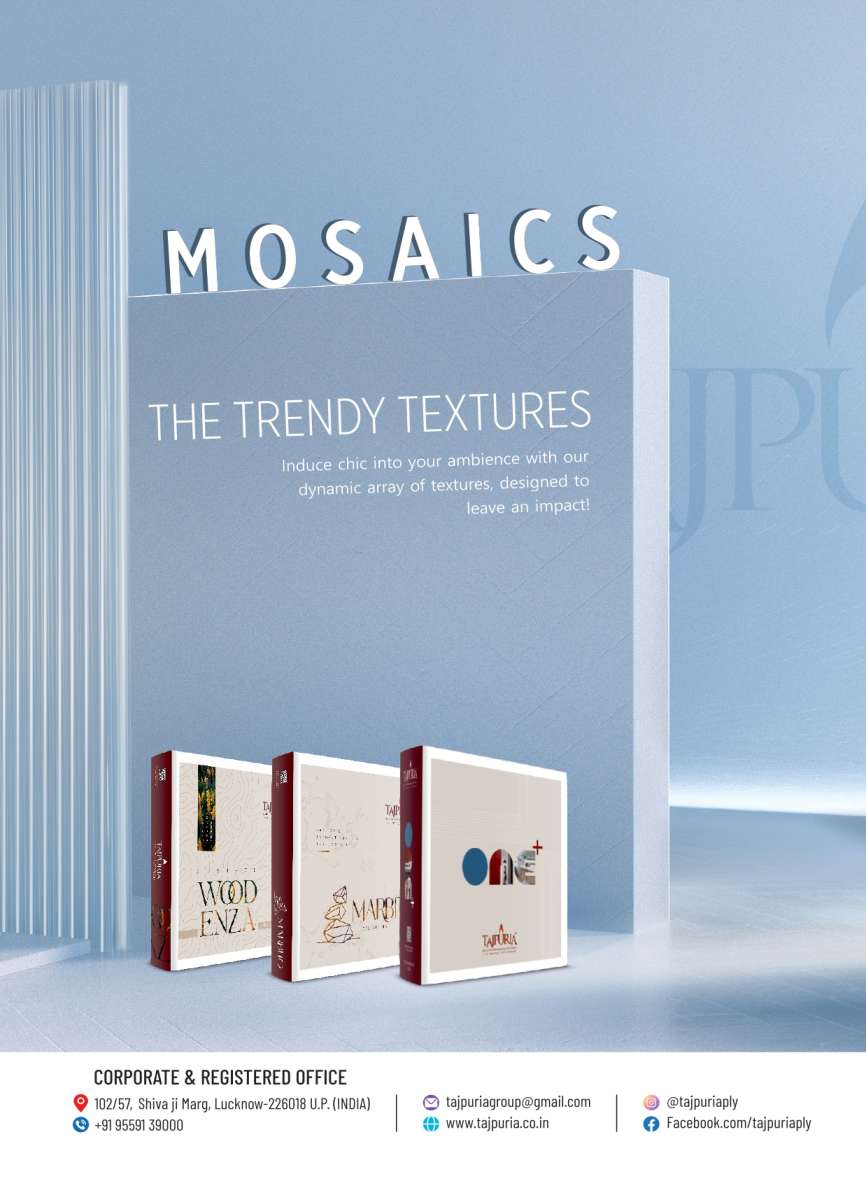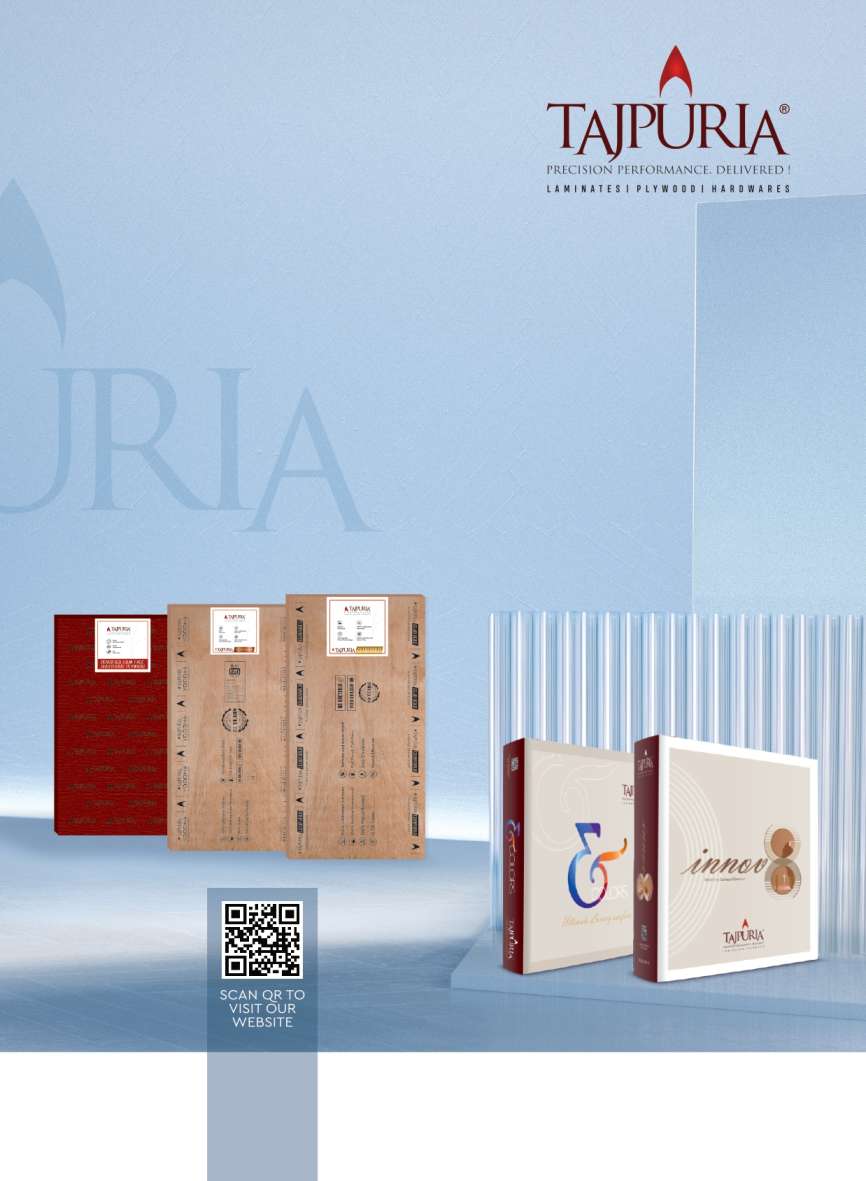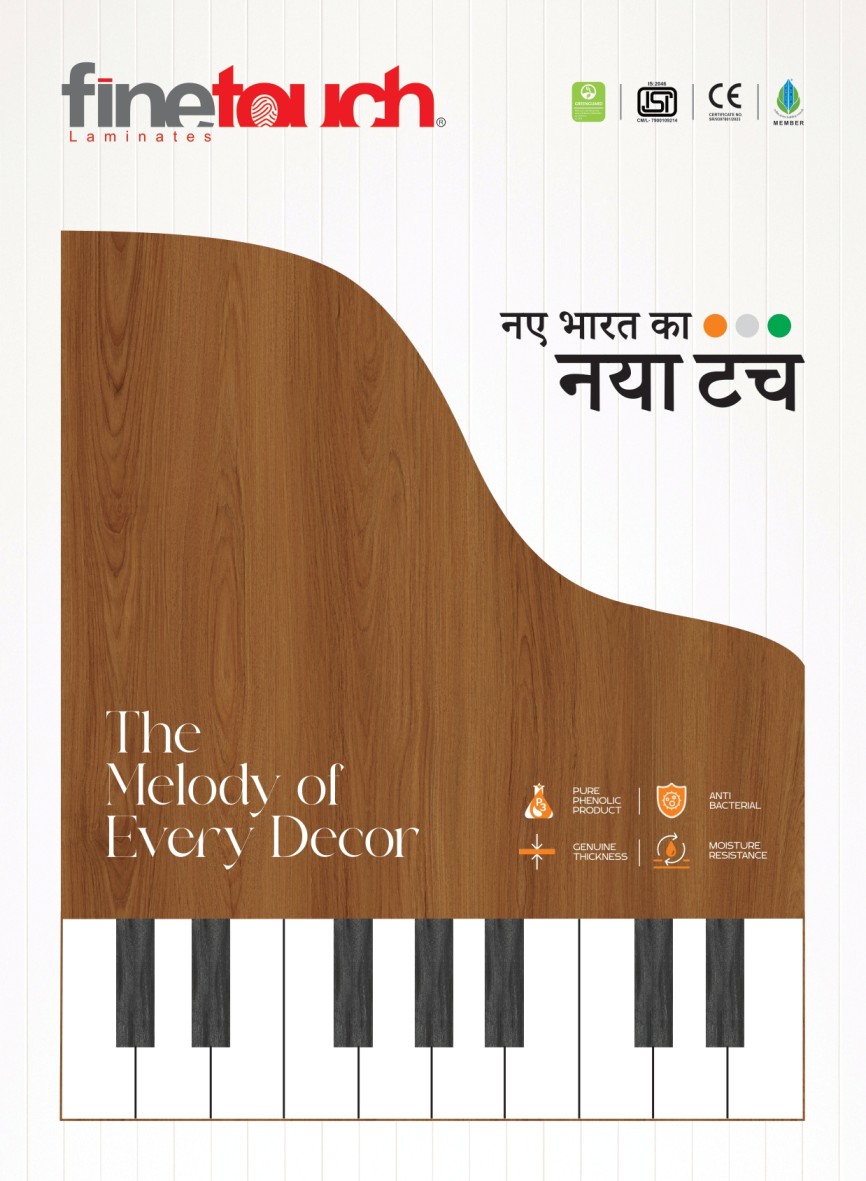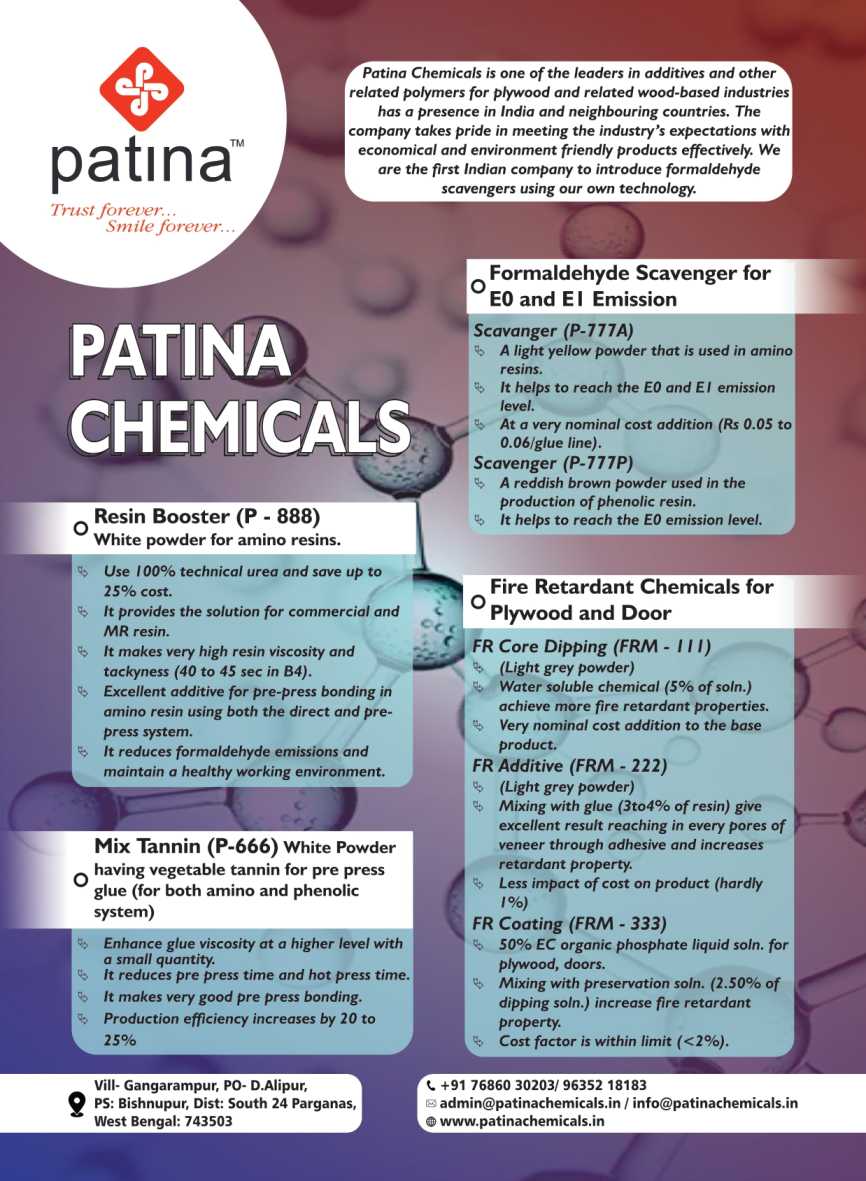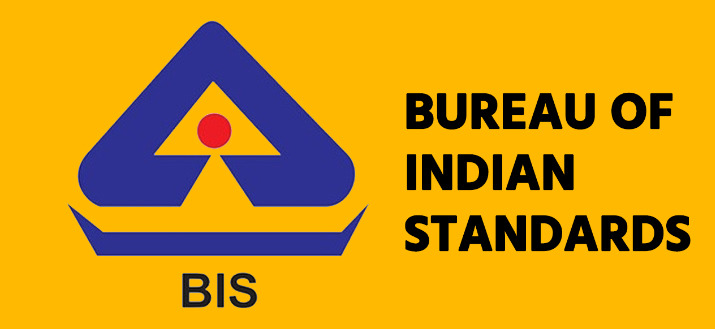
QCOs raise compliance burden and costs
- October 9, 2023
- 0
In recent weeks, the government has issued a number of quality control orders (QCOs) for a variety of products, including MDF, Particle boards, Block Boards, Doors and all categories of Plywood. The intent primarily seems to be to discourage their imports and, thus, protect the domestic manufacturers.
The Bureau of Indian Standard (BIS) is the organization engaged in standardization, conformity assessment, and quality assurance of goods, articles, processes, systems, and services. The standards established by BIS form the basis for product certification schemes, which provide assurance of quality, safety and reliability of products to the consumers. The board aim is to protect human, animal, or plant health and environment and prevent unfair trade practices.
The products under QCOs must conform to the corresponding standard and must bear the standard mark under a licence or certificate of conformity (CoC) from BIS. QCOs are notified by the ministries of the central government under the BIS Act, 2016 after due consultations with the BIS and the producers of the relevant products. So far, QCOs cover about 575 items.
Note no. 2A of the General Notes to the Import Policy says all that foreign manufactures/exporters to India of products that are subject to QCOs shall be required to obtain a licence from BIS. However, the DGFT Policy Circular no. 40/(RE-2000)/1997-2002 dated 22.02.2001 says that imports by export oriented units, units in special economic zones and imports under advance authorization for physical exports need not comply with that condition. Some QCOs exempt the items imported for exports or export production from that condition, e.g. toys, components of footwear etc.
The BIS has prescribed detailed procedures for grant of licences to foreign parties, which include visits by BIS officers to the facilities of the manufacturers abroad. BIS says that it has issued 22,391 licences to exporters in 67 countries.
A noted expert on international trade matters, says the foreign entities that get a BIS licence enjoy near monopolistic advantages because its competitors in that country who have not got a BIS licence cannot export in India.
Whatever the motivations behind the recent spurt in QCOs, indications are that the government will notify more QCOs. That means importers will face higher compliance burden and with lesser competition from imports, the prices of the locally-produced items covered by QCOs can increase.
TNC RAJAGOPALAN


